
by ForHearts Worldwide | Jun 30, 2025 | Cardiology Care, Heart Health, Pacemaker Care
Pacemakers help to regulate dangerously abnormal heartbeats and arrhythmias by connecting to the heart’s electrical system via leads—thin, insulated wires that carry electrical pulses from the pacemaker’s pulse generator to electrodes inside the heart chamber. This...
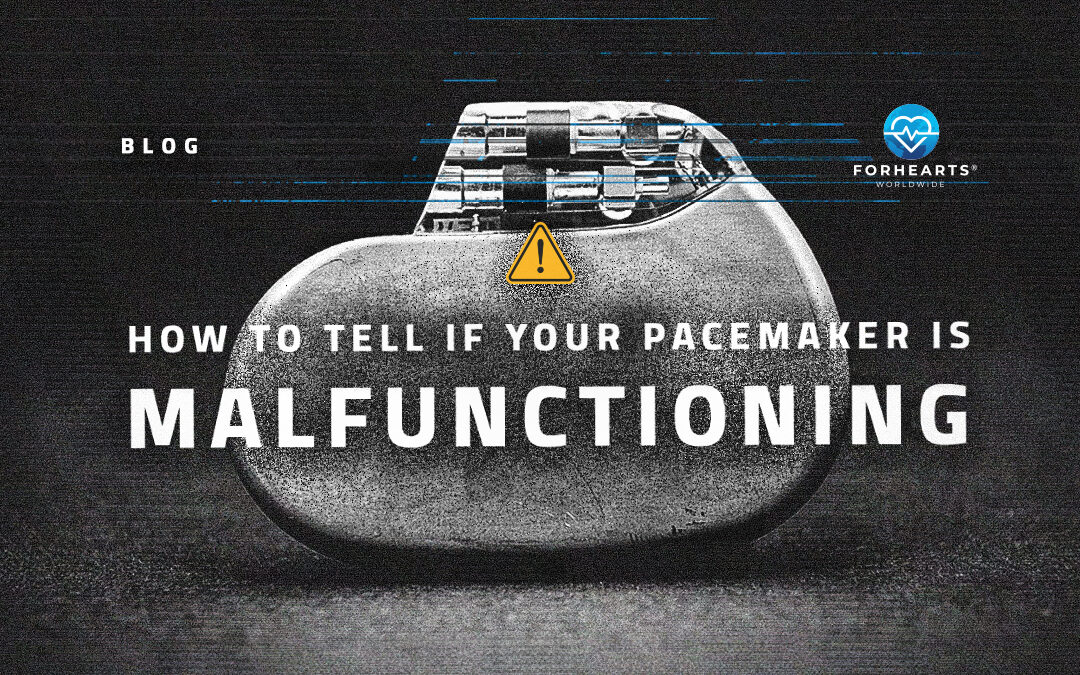
by ForHearts Worldwide | Feb 18, 2025 | Cardiology Care, Heart Health, Pacemaker Care
Every person living with a pacemaker is unique, and the reasons for their device can vary. The most common reason is to address an arrhythmia—an abnormal or irregular heart rhythm. A pacemaker can also help the chambers of a weak heart to beat “in sync” so it can...
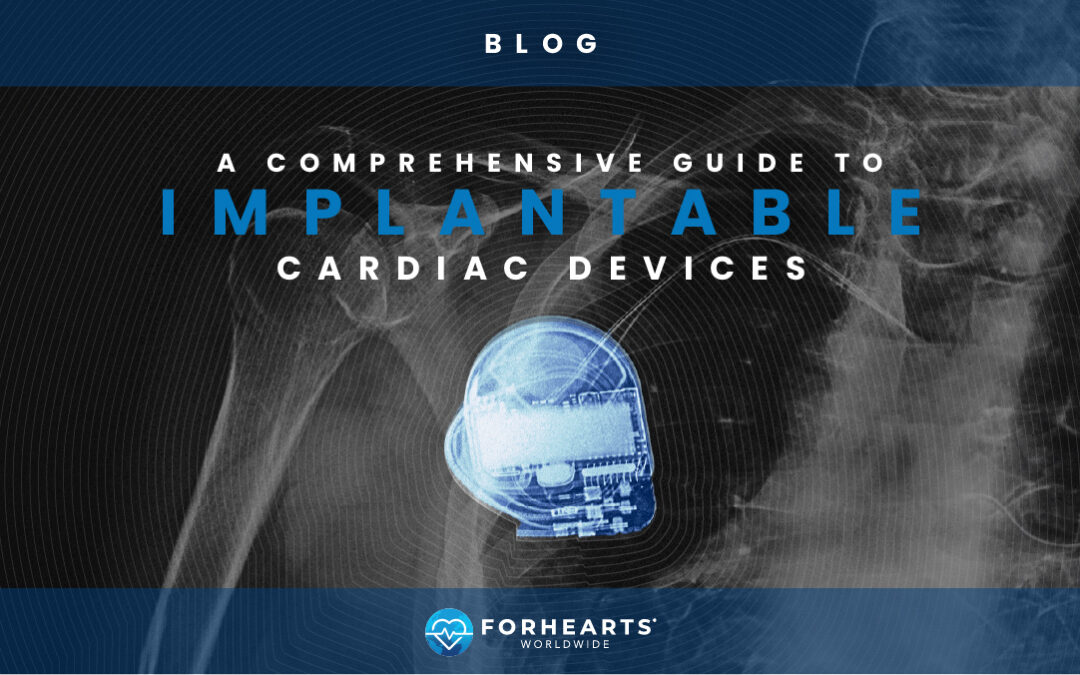
by ForHearts Worldwide | Jan 30, 2025 | Cardiology Care, Heart Health, Pacemaker Care
Millions of people worldwide suffer from heart issues that can severely impact and even shorten their lives. Fortunately, many heart conditions like arrhythmias, heart failure, coronary artery disease, and heart valve defects can be treated with implantable cardiac...
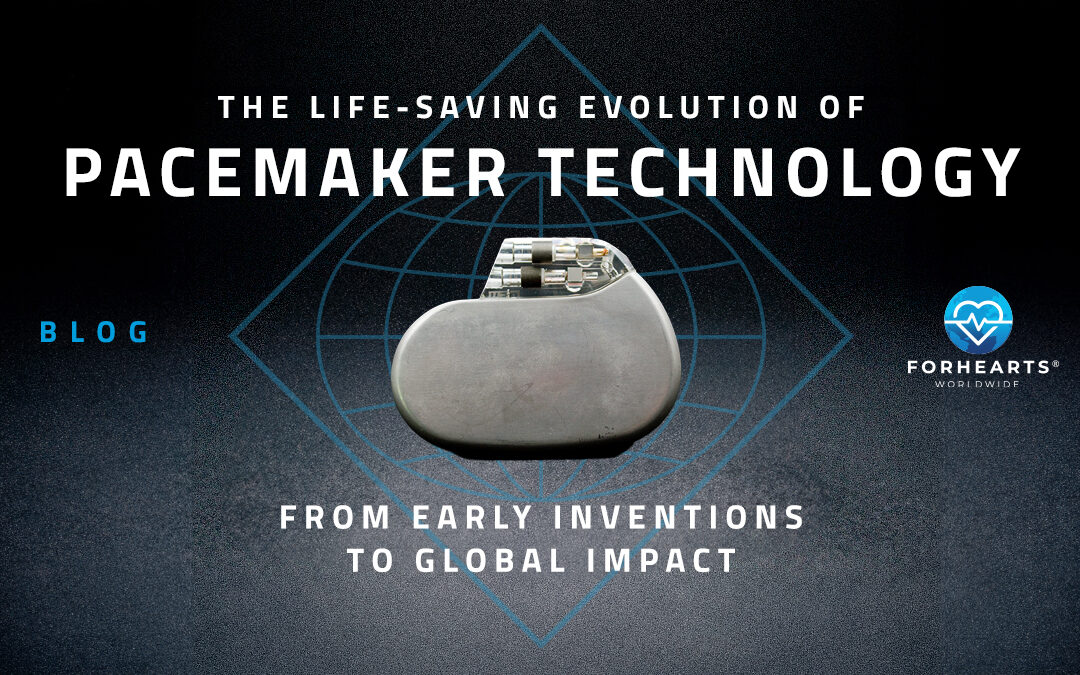
by ForHearts Worldwide | Jul 23, 2024 | Cardiology Care, Heart Health, Pacemaker Care
An estimated 1.43 million pacemakers were implanted worldwide in 2023 alone. These advanced cardiac devices have come a long way since the earliest inventions and understandings of heart rhythm and cardiac pacing. Let us explore the incredible journey of the pacemaker...
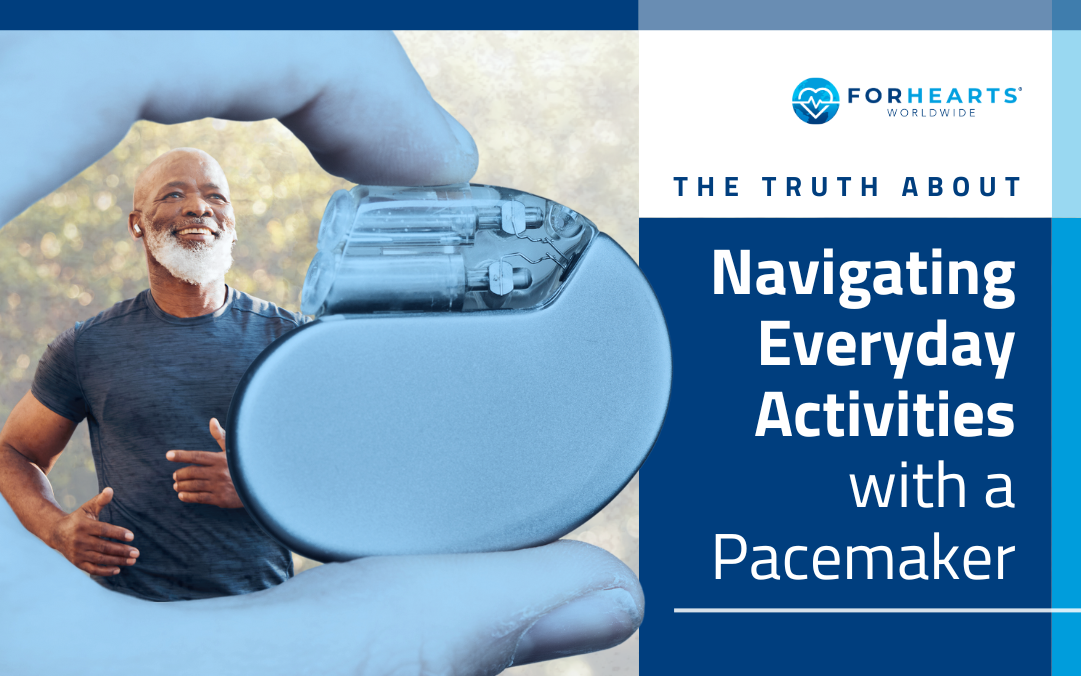
by ForHearts Worldwide | Jun 28, 2024 | Cardiology Care, Heart Health, Pacemaker Care
Arrhythmia and other heart rhythm issues that once diminished the quality and length of life are now treatable and manageable thanks to high-tech and highly impactful pacing devices. After living with the physical limitations of a heart rhythm disorder, as well as the...
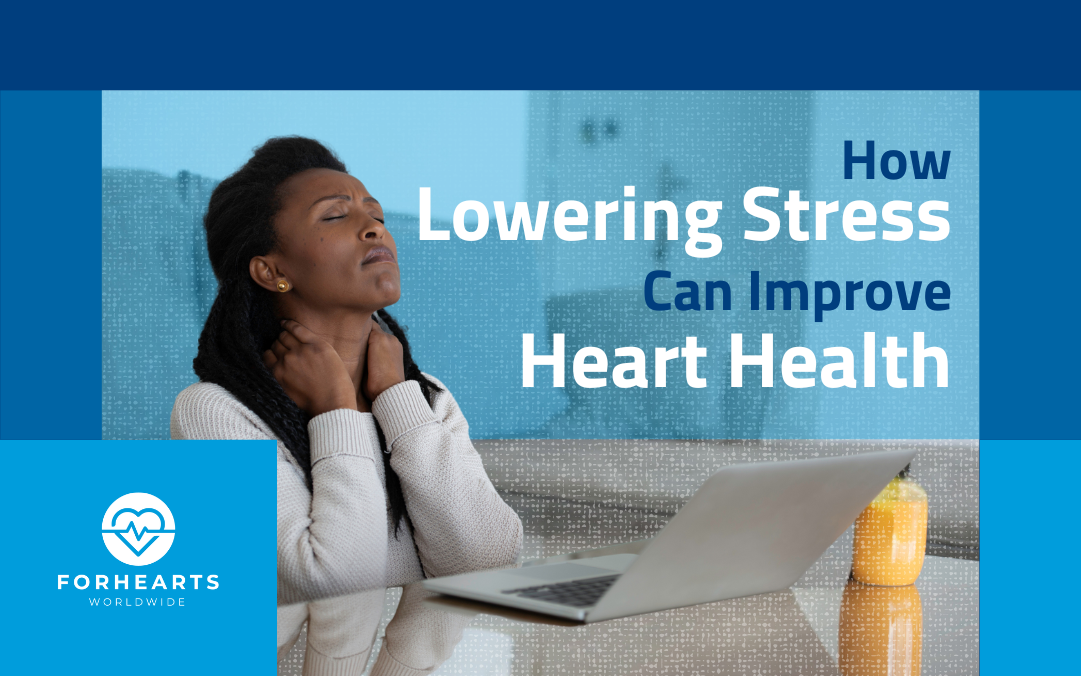
by ForHearts Worldwide | Jun 24, 2024 | Cardiology Care, Heart Health
We have all been there—palms sweating, heart pounding, and the feeling of your blood pressure rising. You are stressed, and your body is reacting to it. We all have those stressful life moments to navigate, but if you are living in a constant state of stress, this can...








